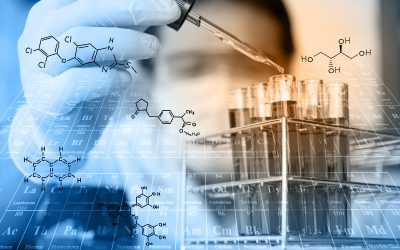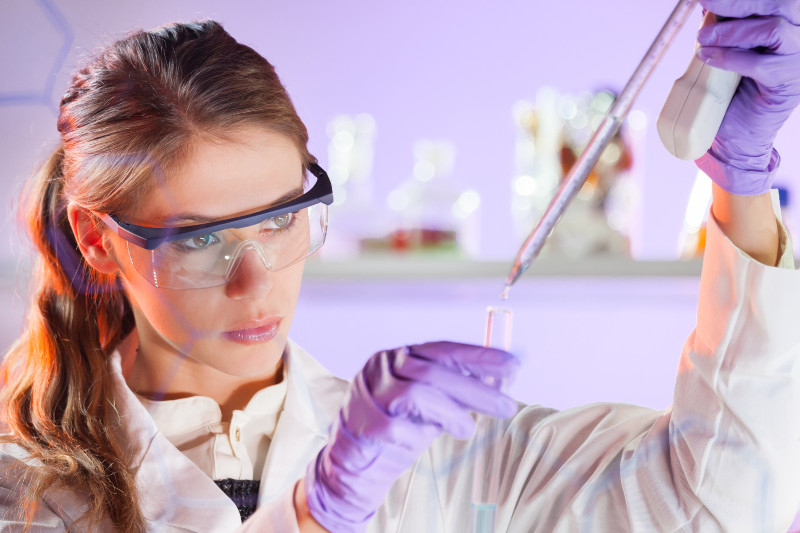Antibodies have become an indispensable component in the field of biotechnology and biomedical research. The increasing demand for recombinant antibodies has necessitated the use of efficient purification strategies. Protein A affinity chromatography purification is a widely used method for purifying antibodies due to its ability to achieve high purity levels.
In this blog post, we will explore the importance of Protein A antibody purification and its key advantages in antibody purification.
High Purity Levels
Protein A antibody purification involves the use of an antibody Protein A resin to bind the antibodies, leaving most other proteins in the mixture unbound. This ensures that the antibodies remain highly purified, with purity levels ranging from 80% to 95%. Protein A purification can thus eliminate factors that are known to limit many antibody-mediated studies, including contaminated samples.
Timesaving
Protein A purification can be completed within a short time frame compared to other purification methods. It can take between one to two hours to elute highly purified antibodies that maintain an excellent biological function. This means that a researcher can obtain a highly purified antibody sample in a much shorter duration, enabling him or her to proceed to the next phase of research, saving time, and boosting productivity.
Cost-Effective
Protein A affinity purification has become increasingly popular in the manufacturing of clinical-grade monoclonal antibodies due to its ability to achieve high purity levels while keeping costs low. It results in a lower cost per gram when compared to alternative purification methods, such as ion exchange chromatography.
Minimal Antibody Loss
Protein A affinity-based purification has minimal antibody loss. Recovery of up to 95 percent is achievable due to the low binding affinity between the Protein A ligand and the Fc region of the antibody. This ensures that a high yield of purified antibodies is obtained with less loss, minimizing the use of precious starting materials.



